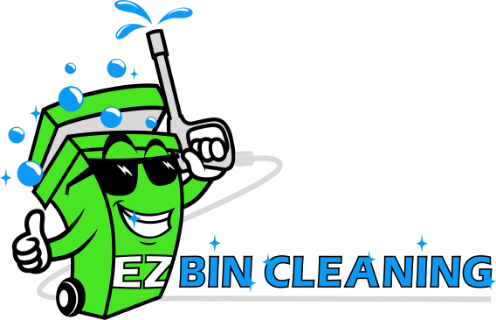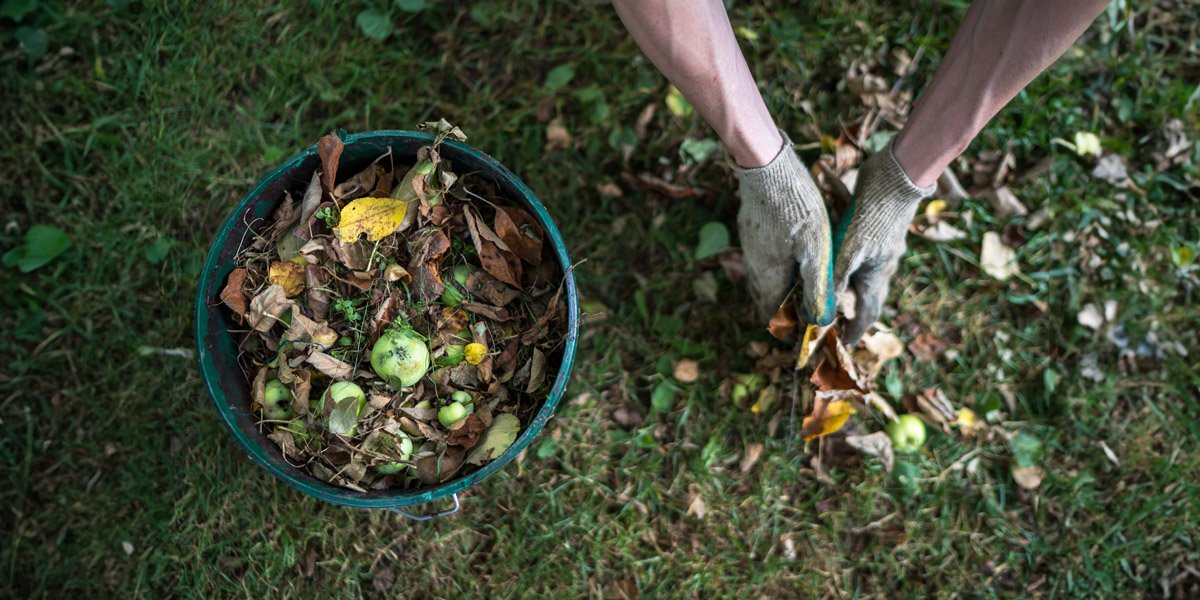Composting Tips from Your Friends at EZ Bin Cleaning
Although you have the option to send your compostable trash away along with your regular garbage and recyclables, some gardeners and do-it-yourselfers want to compost at home. This reduces trash output and allows you to take advantage of all the benefits of composting at home. Once you know the basics of composting and what to expect, you can easily turn your scraps and yard waste into mulch and fertilizer for your plants.
For the garbage that you cannot compost, you’ve got your regular trash and recycle bins, but these can get messy even without the scraps. Our Coachella Valley bin cleaners can help keep your trash cans clean and sanitary all year long.
Call EZ Bin Cleaning for trash, recycling, and compost bin cleaning in the Coachella Valley.
Frequently Asked Questions About At-Home Compost
1. What size composting bin do you want to use?
Your method of composting is largely based on the volume of material created in your yard. (The kitchen scraps you compost will only make up a small portion of your compost material.) There are several sizes and kinds of bins for compost, typically made from heavy plastic or metal.
There are commercially available compost bins that are a variety of sizes that include turning mechanisms attached or unattached. You can also use lobster trap wire bins or dig a hole and make a compost heap rather than contain your compost within a bin.
2. What can I add to my compost bins?
One of the easiest ways to know what you can compost is to ask yourself if the item was once alive. Organic materials or things that were once organic materials and can be broken down to their natural state should be fine in your compost.
Compostable materials may include:
- Food scraps
- Yard waste (grass clippings, dried leaves, untreated flowers)
- Natural fibers (cotton, wool)
- Clean paper products (clean paper, toilet paper rolls, cardboard)
3. What elements are needed for a successful compost process?
Compost piles or bins need four elements: oxygen, water, carbon, and nitrogen. Oxygen will be from the air. Water can come from rain or manual watering. Carbon and nitrogen are the brown and green elements. Browns add carbon, these include dried leaves, cardboard and paper, tree byproducts, and straw. Greens add nitrogen, these include food scraps, yard waste, and coffee grounds.
The right combination will smell sweet, earthy, and not too stinky. If the ratio is off, the compost will be much more pungent and possibly too wet or too dry. If it is too wet, it needs more “browns”, if it is too dry it may need more “greens” or possibly additional water.
4. What cannot be composted?
The items that should never be composted include:
- Meat
- Fish and fish parts
- Oils
- Grease
- Dairy
- Fecal matter
- Sticks or branches
- Charcoal/ash
- Diseased plants
- Weeds
- Seeds
- Plastics
- Metals
Keep Your Non-Compost Garbage Bins Clean with EZ Bin Cleaning
Even when you compost at home, you will still have garbage going into your trash and recycle bins. Keep these bins clean, sanitized, and stink-free with help from our team. You can schedule cleaning regularly or call for a single visit, and we will be sure to deliver. Our Coachella Valley bin cleaners can keep your bins sparkling.

